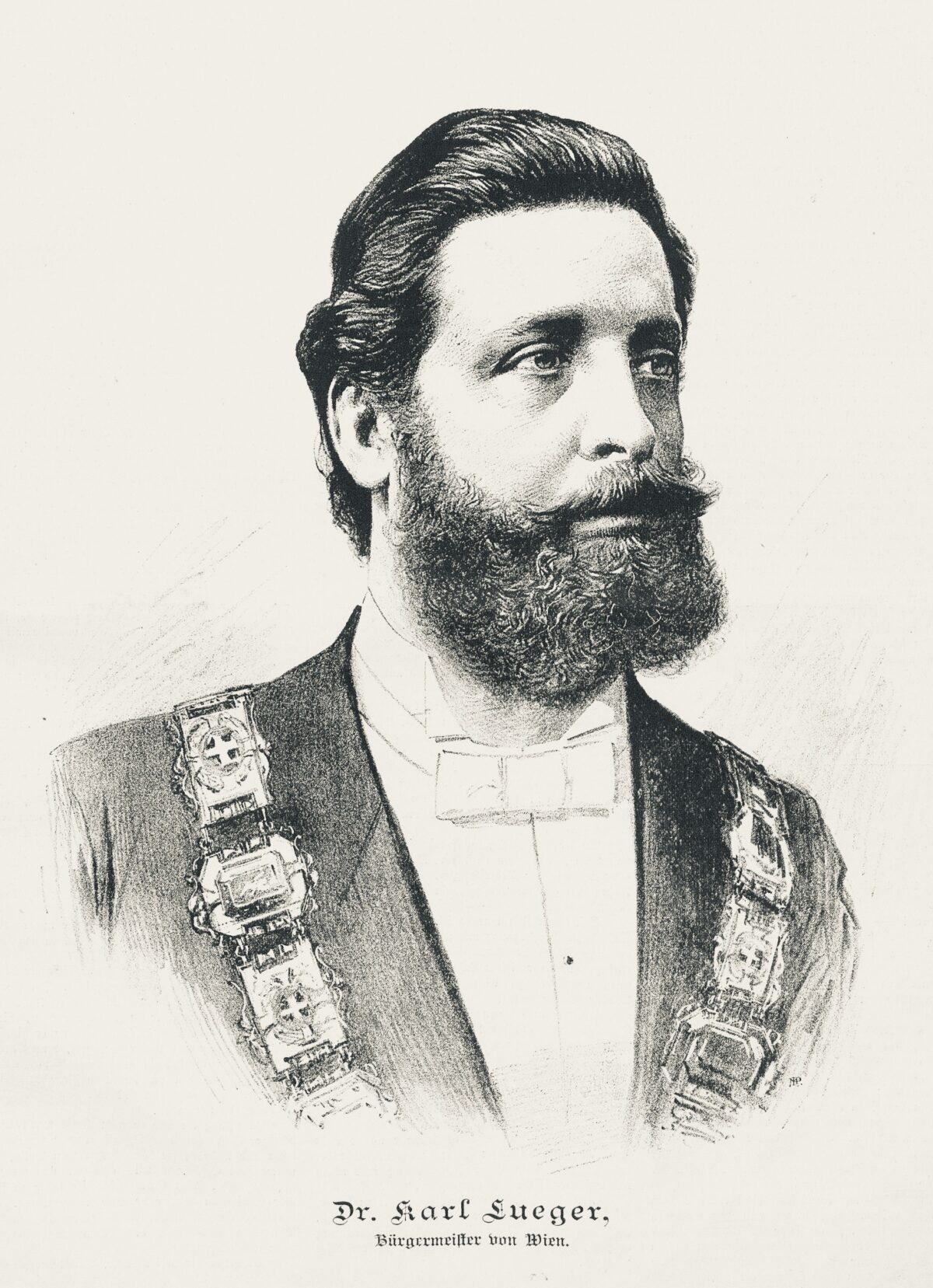A new variant of antisemitism, taking the form of a hostile Christian reaction to the legal emancipation of Jews in France and other Western countries in the 18th and 19th centuries, virtually supplanted the religious-based animus toward Jews that had been shaped and promoted by the Catholic church since time immemorial.
This transformational shift was bound up with economics, as the Italian historian Michele Battini persuasively argues in Socialism of Fools: Capitalism & Modern Antisemitism, published by Columbia University Press.
“With the advent of the market society, the old stereotype of Jewish usury was transformed into an attack on what economists and sociologists later called ‘capitalism,'” he writes. “The antisemites identified the capitalists with the Jewish financiers and therefore made the latter the scapegoats for the crisis of the modern industrial economy, caused, according to them, by financial speculation, that is, usury.”
His hypothesis is that a torrent of antisemitic, anti-capitalist literature surfaced as a Catholic response to the French Revolution’s support for political rights, the free market and secularization.
To reactionaries, the legal equality and citizenship rights acquired by Jews under the 1791 Declaration of the Rights of Man and the Citizen in revolutionary France enabled them to conspire against Christians with impunity. Their solution to this problem was to demonize liberal institutions and what Battini calls the the “constitutional state.”
These illiberal ideas, disseminated by Catholic texts and certain writers, spread through major countries like France, Germany and Italy. According to Battini, the anti-Jewish, anti-capitalist paradigm had its heyday from the beginning of the 19th century to the outbreak of World War II. These tropes were popularized by theologians, politicians, academics and journalists.
Battini, a professor of modern history at the University of Pisa, explains that anti-Jewish rhetoric drew strength from the perception that the freedoms won by Jews, first in France and later elsewhere in western Europe, were inextricably associated with degenerative qualities ranging from political disorder to unregulated competition in the free market.
This argument was augmented with the emancipation of Jews in several of the Italian states in 1848, in the Habsburg Empire in 1867, in Prussia in 1869, and in the unified German state in 1870.
The majority of European Jews, who lived in the Pale of Settlement in the Russian Empire, were unaffected by this progressive trend.
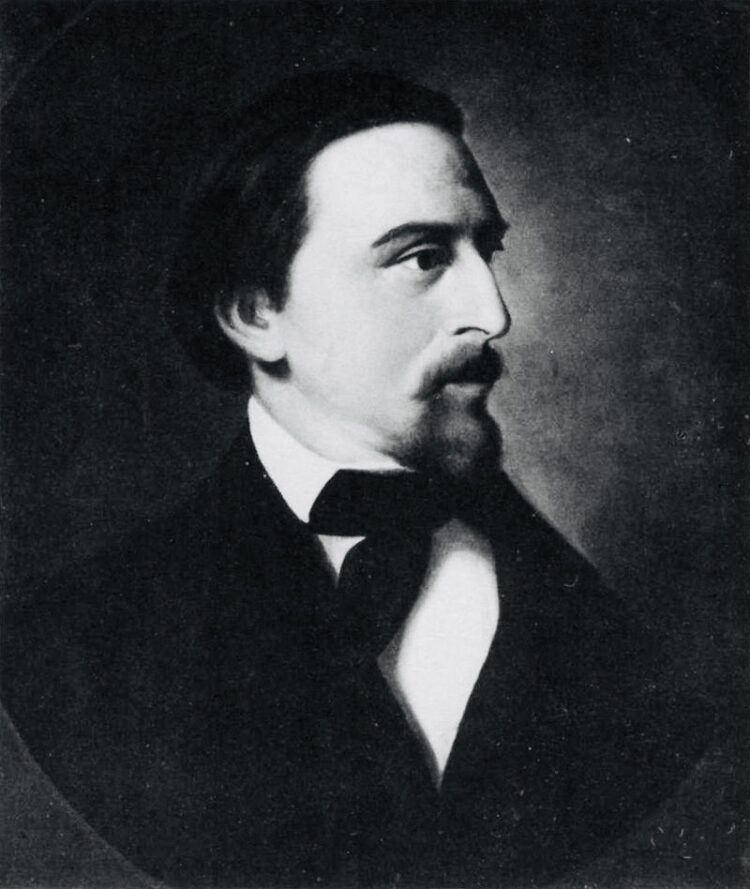
In central Europe, the reaction against emancipation grew increasingly shrill in the last quarter of the 19th century, when the term “antisemitism” seeped into European political parlance. It was coined by a previously democratic German journalist, Wilhelm Marr, in an antisemitic work published in 1879.
Two of the most outspoken antisemites of that era were the Austrian Karl Lueger and the German Paul de Lagarde.
Lueger, the mayor of Vienna from 1897 to 1904, exploited the discontent caused by economic hardships. Battini describes him as the first antisemitic leader capable of organizing a genuine mass movement.
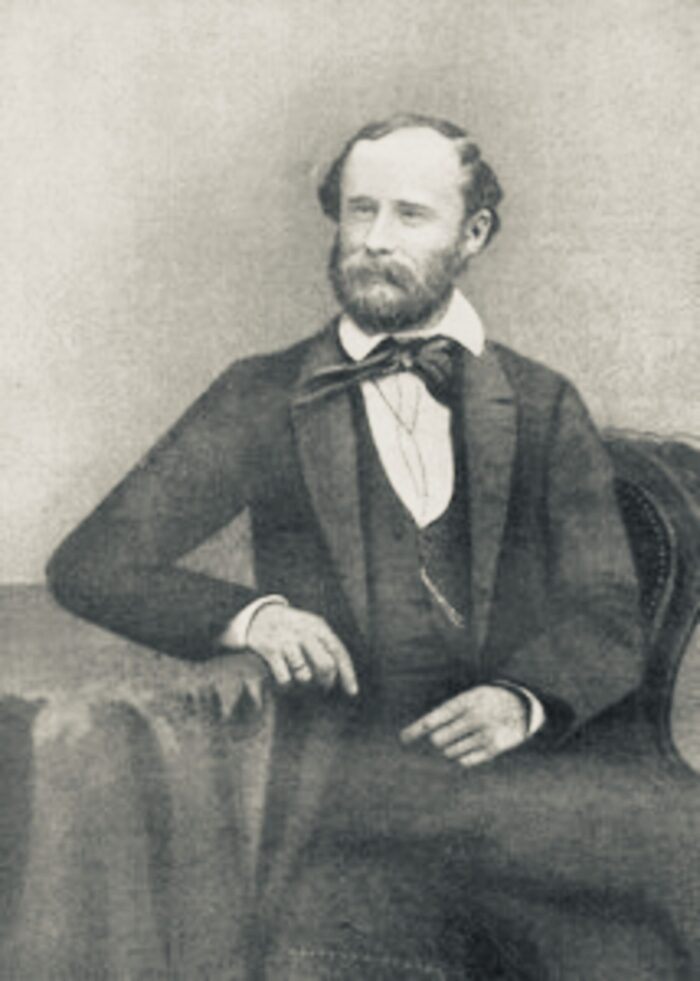
De Lagarde, a scholar of Eastern civilizations, turned the University of Gottingen into a hub of antisemitic publications. He, along with nationalists such as Julius Langbehn, rejected the possibility of granting Jews civic rights in a Christian nation. In staunchly Catholic areas, he notes, Jews were regarded as symbols of “capitalist modernization, urban robbery, and the unregulated market.”
To Battini, the most conspicuous antisemitic movement emerged in France between the end of the 19th century and the start of World War I in 1914. This was a turbulent period during which a French Jewish army officer, Alfred Dreyfus, was falsely accused of spying for Germany and anti-Jewish disturbances and riots broke out in Tours, Montpellier, Toulouse, Lille, Grenoble and Marseille.
To some Catholics, conservatives, nationalists and antisemitic socialists, Dreyfus, a thoroughly assimilated and patriotic Jew, was a symbol of treachery, betrayal and the Jewish conspiracy to undermine the Christian values of France. “He therefore came to symbolize the failure of legal emancipation,” says Battini in a piercingly trenchant observation.
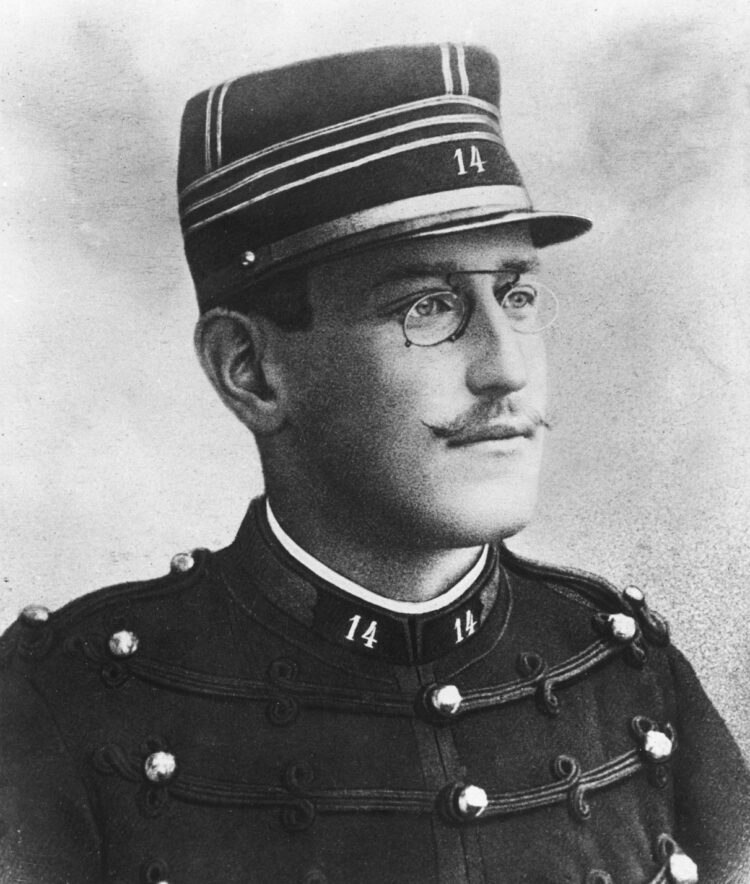
In a telling commentary in the Catholic newspaper La Croix in 1894, a writer summarized his objection to Jewish emancipation: “To admit Jews in Christian society is like declaring that the deicide, of which they carry the perpetual curse, is no longer the concern of our generation. But if we are Christians, they remain cursed.”
Catholics like him never failed to point out the link between Jewish emancipation and the economic exploitation of the “Christian nation” by Jewish bankers and moneylenders.
This theme was amplified in a notorious czarist forgery, The Protocols of the Elders of Zion, which was published in installments in a Russian newspaper in 1903. Translated into many languages, the Protocols perpetuated the myth that Jews sought world conquest.
The Dreyfus affair, which culminated with Dreyfus’ exoneration, forced the European socialist labor movement to seriously consider the devastating consequences of antisemitism and abandon any idea of exploiting it politically. By his estimation, anti-Jewish prejudice was a persistent element in the European labor movement.
Battini says that many Catholic, nationalist and socialist journalists supported a campaign by the right-wing French propagandist Maurice Barres against Jews, immigration and foreign labor.
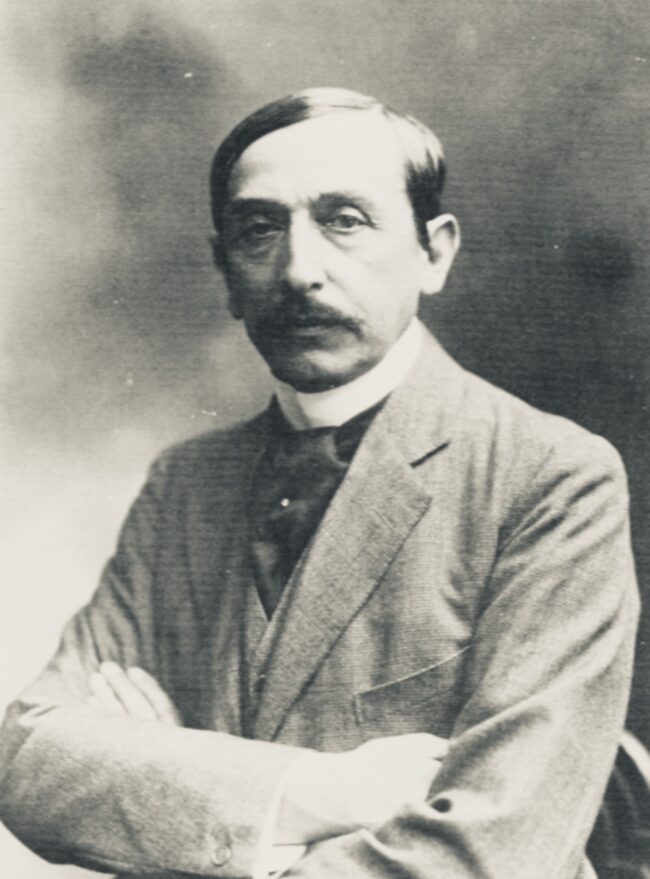
“Barres emphasized the need to abandon the ‘vision of socialism tied to the rights of man’ and to inaugurate a new strategy of national socialism,” he writes. “If socialism aimed at the social reappropriation of the wealth produced by the nation, it had to show the way to an economy once again ‘under the control of the French race,’ and this would mean taking the ‘public wealth’ away from the most important Jewish banks.”

Paolo Orano, an Italian socialist who became an antisemite based on his skewed analysis of the connection between capitalism and Jews, was instrumental in the passage of Italy’s antisemitic laws in 1938. In his scathing assessment of “Jewish capitalist powers,” he wrote, “In Italy, money, often manipulated by loan-sharking, is becoming predominately Jewish. Public affairs, even if under a Jesuitical guise, are often handled by Jews. The universities are infested … by Jewish elements.”
Descending into the crudest form of antisemitism, Orano claimed that Jews drained the blood of Christian boys and girls and used it to bake matzah during Passover.
Such absurd and stupid accusations, of course, paved the way for the Holocaust.
